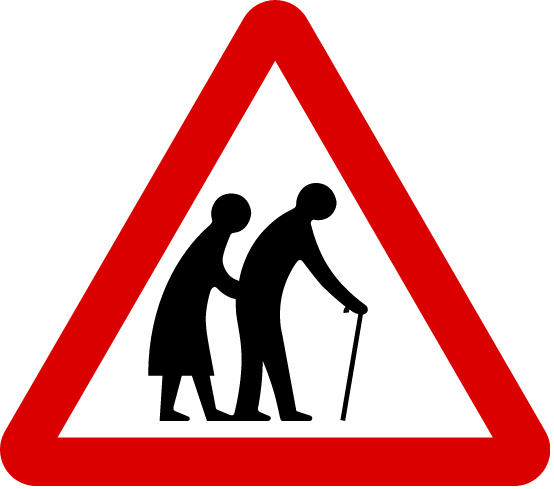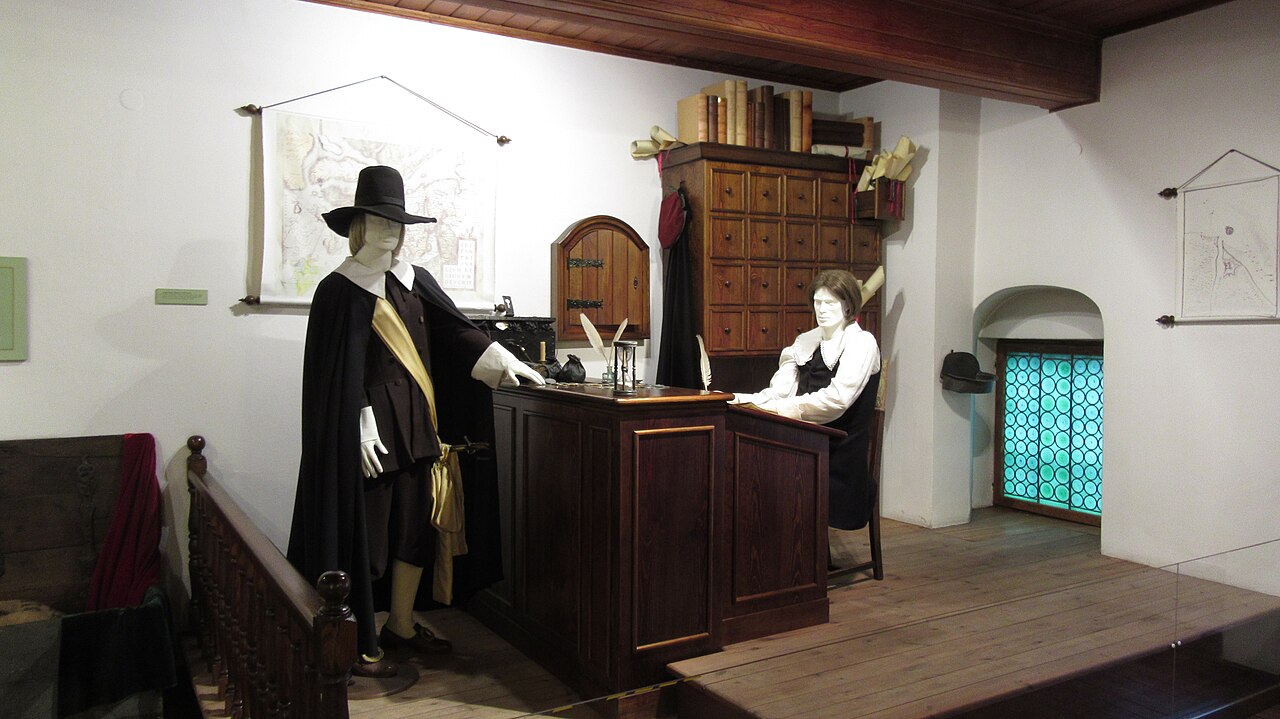Work at the grassroots level is one of the most important slogans of Polish positivism. It referred directly to society, and something, which we would now call equal opportunities. In the nineteenth century, society was very strongly divided into social strata. The aristocracy and wealthy townspeople had very substantial fortunes. They could not only afford basic needs, but also for education, which was paid at the time. It was in good taste to employ domestic teachers, and sending a young man on trips, thanks to which he had a more open mind. Meanwhile, the peasants, workers and other people living in poorer neighborhoods were often hungry, they lived in difficult conditions. They were also uneducated people. And it is these people, being the largest group in Poland, by the positivists they were called the foundation of society. Grassroots work is an appeal to educated people, mainly doctors and teachers, to counteract the plight of the poorest. They were supposed to teach and make people aware, as well as counteract Russification and Germanization. Ich praca miała była wolontariatem, or was very poorly paid.








